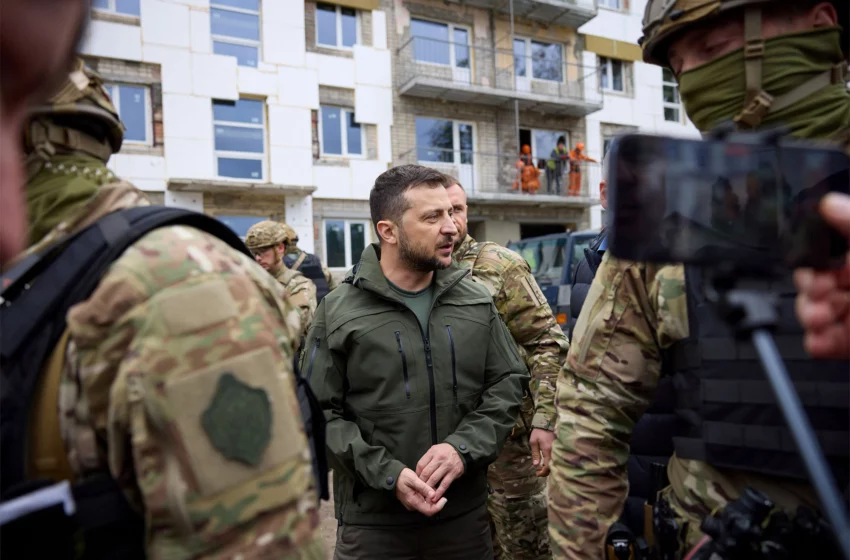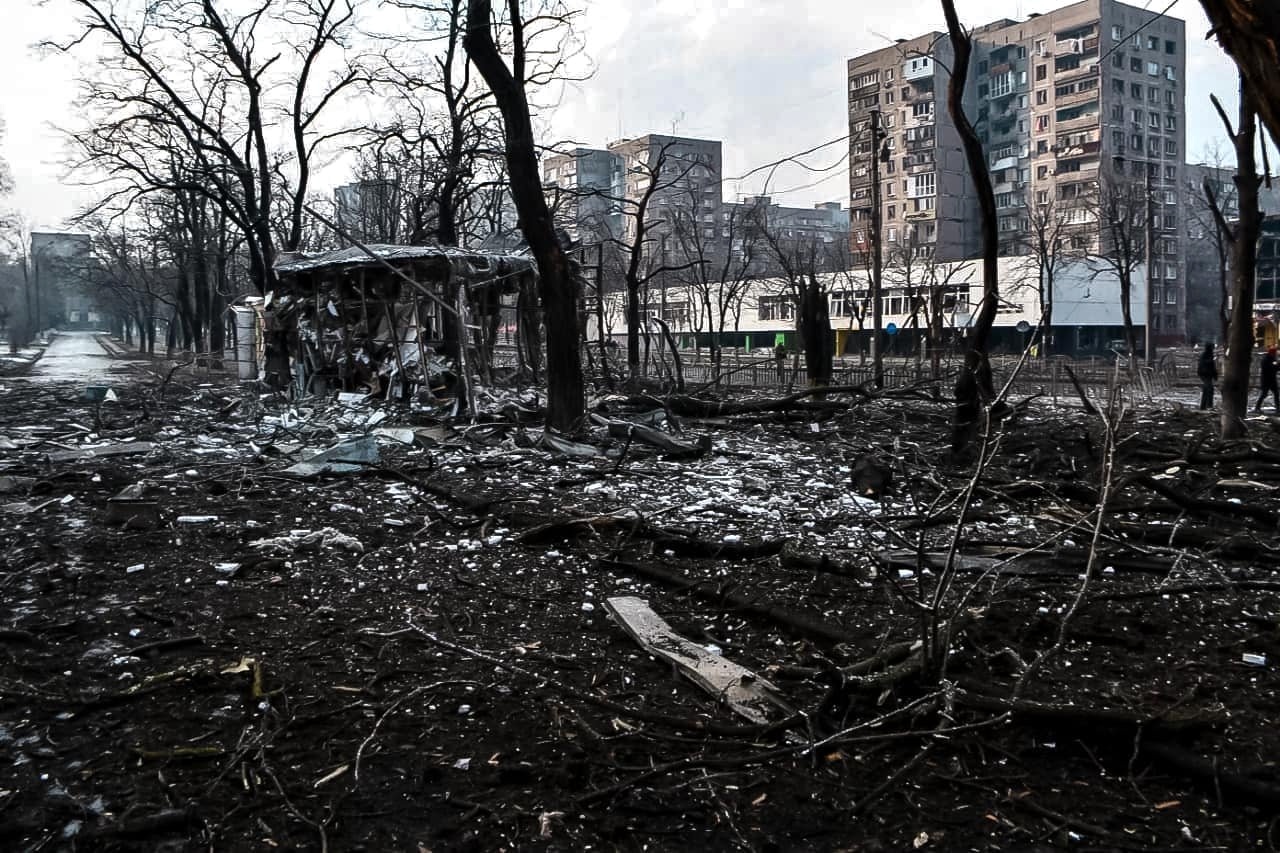
Ukraine’s Counteroffensive: What Does This Mean for Europe’s Energy War?
Ukraine this week has launched a successful counteroffensive in the northern Kharkiv Oblast region. According to President Zelensky, this has resulted in the recapture of 1000 sq-km of territory and the liberation of 20 villages and towns. The resulting advance had taken the Russian army by surprise with a not so orderly retreat having been conducted with large quantities of military equipment seemingly abandoned for the advancing Ukrainian Army to take into their own service.
The large-scale offensive has been a massive success with the largest gain in territory seen by either side since March. Importantly for Ukraine, the advance has shown that the country is capable of taking back territory as opposed to acting only defensively and slowing down Russian conquest. What is clear is that the weapons supplied to Ukraine since the opening of the war have been used effectively by the Ukrainian Armed Forces with images from the frontline highlighting the integration of vehicles donated from a range of multinational partners.
Significantly, the effective use of these weapon systems is a sign to Ukraine’s partners that the large amount of high value donations has not gone to waste as was feared in some European powers. This is certain to pave the way for more supplies of military equipment. For Ukraine itself, the advance has reduced the ability of Russia to pressure concessions and provided a much-needed moral boost to Ukrainian troops. This is in stark contrast to reports of demoralised and under-equipped Russian conscripts.

The success of the advance will perhaps reduce some of the apprehension in Brussels over whether to implement a price cap on Russian gas. Putin’s recent threat to halt the sale of Russian gas to Europe if a price cap was imposed has thrown the plan into more turmoil as EU member states debate whether the economic hit would be worth it. However, Ukraine’s recent success may signal to leaders in Brussels that success is possible and that the economic damage that Russia would suffer should a cap on gas be agreed would be worth a harsh winter in Europe and perhaps bring an end to the conflict sooner.
Zelensky has repeatedly called for the EU to end its reliance on Russian gas, criticising the Union for the estimated £340bn spent just this year as a funding stream for Russia’s invasion. Importantly however, this coming winter will be a deciding factor both on the frontlines in Ukraine and within Europe itself. Despite the success of Ukraine against the Russian invasion, which many believed would be over in a matter of weeks, the upcoming winter may be the most crucial period yet. The energy crisis in Europe may become too much for some countries to weather as they fight the inflationary pressures of high gas prices and become forced to scale back their support of Ukraine. While on the frontline, the ability of both sides’ troops to fight the cold will be critical in determining whether either army is able to advance.
Ultimately, the damage already done to Ukraine is immense with estimates reaching $108bn in damage to infrastructure in addition to the countless lives lost. Images of the almost complete destruction of Mariupol highlight the immense long-term consequences of this war even if Ukraine manages to push back the invading forces.
Image Credit: New York Post

